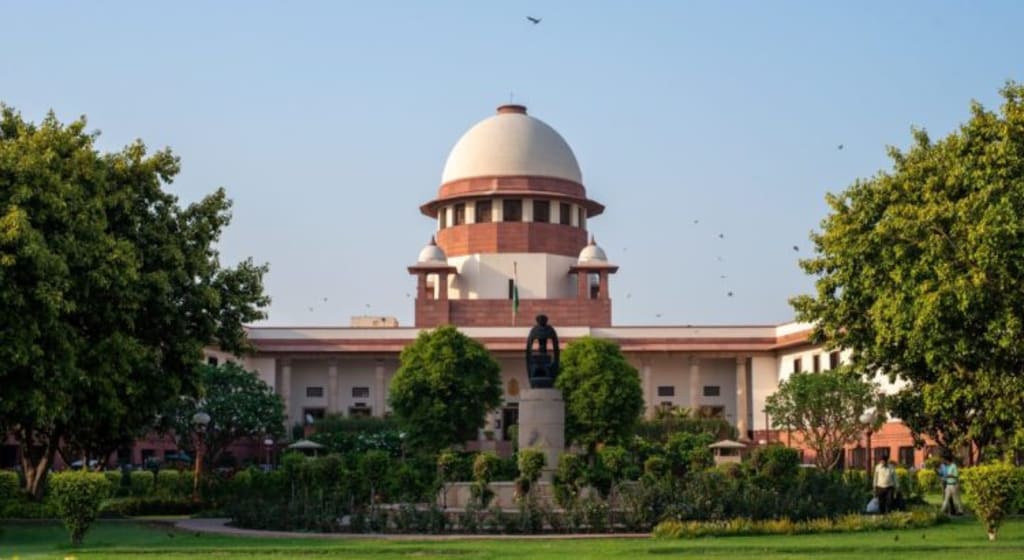Indian Supreme Court Rules
Brief Overview On Indian Supreme Court Rules,2013

The Supreme Court Rules 2013, also known as the Supreme Court (Original Jurisdiction) (Civil) Rules, 2013, were issued by the Supreme Court of India to regulate the exercise of original jurisdiction by the court in civil matters. These rules came into effect on July 1, 2013 and replaced the previous Supreme Court Rules, 1966.
The Supreme Court has original jurisdiction in cases involving disputes between different states and the central government, as well as disputes involving the interpretation of the Constitution. The 2013 rules were intended to streamline the process for filing and hearing such cases, as well as to provide for more efficient and effective management of the court's original jurisdiction.
One of the key changes introduced by the 2013 rules is the requirement for a pre-filing mediation process. Under these rules, before a case can be filed in the Supreme Court, the parties must first attempt to resolve the dispute through mediation. This is intended to encourage amicable settlements and reduce the burden on the court.
One of the key changes introduced by the 2013 rules is the requirement for a pre-filing mediation process. Under these rules, before a case can be filed in the Supreme Court, the parties must first attempt to resolve the dispute through mediation. This is a significant change from the previous rules and is intended to encourage amicable settlements and reduce the burden on the court. This means that before a case is filed, the parties must go through mediation which can be done with the help of a mediator appointed by the court. If a settlement is reached, the case does not need to be filed in the court, saving time and money for both parties involved.
Another important change introduced by the 2013 rules is the requirement for the appointment of amicus curiae, or "friends of the court," in certain cases. The amicus curiae is a legal expert who provides the court with independent and impartial advice on a particular case. This is intended to assist the court in making a fair and just decision.
The 2013 rules also provide for the appointment of a "master" to manage the case and ensure that it is conducted in an efficient and orderly manner. The master is responsible for scheduling hearings and conferences, as well as for ensuring that the parties comply with the court's orders and directions.
The 2013 rules also contain provisions for the use of technology in the court's original jurisdiction. For example, the rules provide for the use of video conferencing and electronic filing of documents. This is intended to make the process more efficient and convenient for the parties and the court.
The 2013 rules also provide for the appointment of "district judges" as "additional judges" of the Supreme Court for a period of two years. This is intended to ensure that the court has enough judges to hear the large number of cases that are filed in its original jurisdiction.
The 2013 rules also provide for the appointment of "senior advocates" to assist the court in certain cases. A senior advocate is a lawyer who has been recognized by the court as having special expertise in a particular area of law. The senior advocate is appointed to assist the court in cases where the court requires specialized knowledge in a particular area of law.
Overall, the Supreme Court Rules 2013 were intended to streamline the process for exercising original jurisdiction by the Supreme Court in civil matters and to make the process more efficient and effective. The rules are intended to encourage amicable settlements, provide for the appointment of amicus curiae and senior advocates, and make use of technology to make the process more convenient for the parties and the court.





Comments
There are no comments for this story
Be the first to respond and start the conversation.